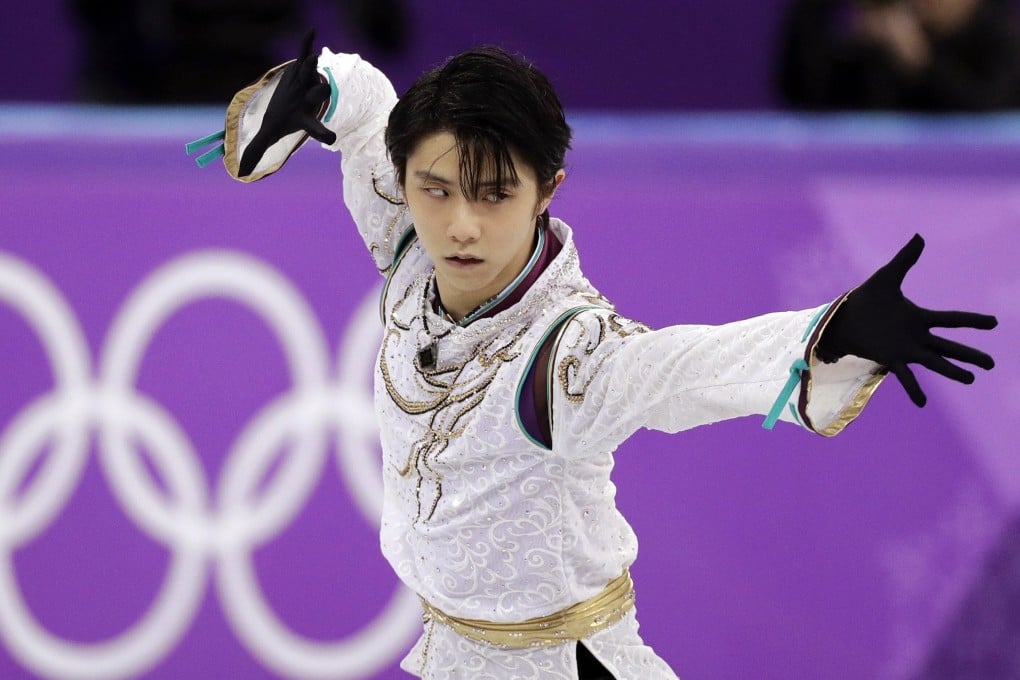Explainer | Yuzuru Hanyu: biography, family, two-time Olympic champion, Winnie the Pooh traditions, and struggle with asthma
- From surviving a devastating earthquake to becoming one of the sport’s best, Hanyu is set to shine at Beijing 2022
- The 26-year-old Sendai native performs under the mantra ‘I never feel like the champion. I’m always the challenger’

Two-time Olympic gold medallist Yuzuru Hanyu boasts an unparalleled figure skating career, perhaps most prominent for being the only men’s singles skater to complete the “Super Slam” – winning all major competitions at both junior and senior level.
At just 26, Japan’s prince of the rink is widely considered one of the greatest ever to do it: he has broken world figure skating records a record 19 times; he was the first male to score more than 100 points in the short programme, more than 200 in the men’s free skate, and more than 300 in combined total; on a national level, he is the youngest Japanese person ever to receive the prime minister’s People’s Honour Award.
Despite still holding the short programme record, some have already rolled out the narrative that Hanyu’s magical reign could be plateauing as the sport ushers in a new generation of world-beaters. But counting out the two-time world champion, the first skater to successfully land a quadruple-loop jump, and the first man since 1952 to win back-to-back Olympic golds, would be a serious mistake.
From his fans who shower him with Winnie the Pooh dolls, to his unyielding advocacy for victims of the devastating 2011 Tohoku earthquake and tsunami, to dealing with long-term asthma during the Covid-19 pandemic, to his rivalry with US sensation Nathan Chen, here’s what you need to know about the generational skater from Sendai.

Biography
Yuzuru Hanyu was born on December 7, 1994 in Sendai, Japan to a high school teacher father and department store clerk mother. He reportedly started skating at the age of four, following in the footsteps of his older sister, Saya.